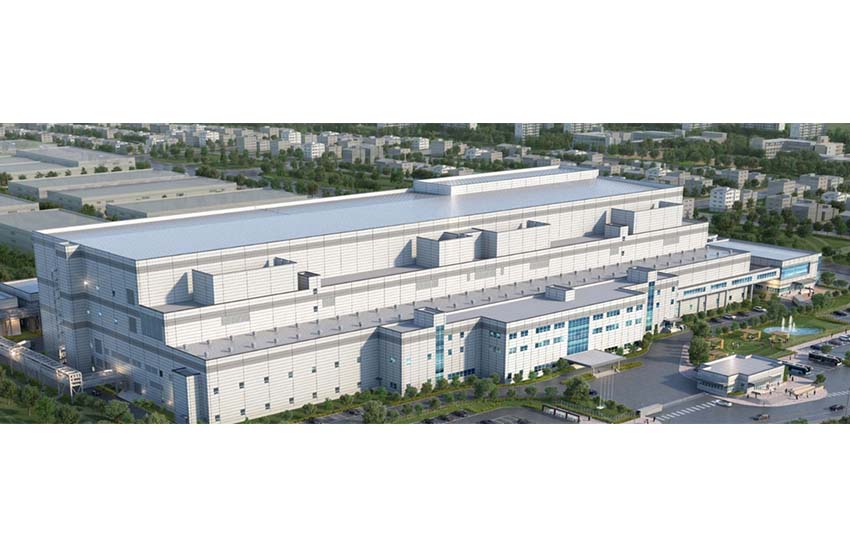LG Chem will construct the world’s largest plant exclusively for cathode materials by teaming up with Gumi City as it targets the rapidly growing battery market.
The groundbreaking event was attended by South Korean President Moon Jae-in, Minister of Economy and Finance Hong Nam-ki, Minister of Trade, Industry and Energy Moon Sung Wook, Minister of Employment and Labor Ahn Kyung-deok, Minister of SMEs and Startups Kwon Chil-seung, Gyeongsangbuk-do Governor Lee Cheol-woo, Gumi Mayor Jang Se-yong, National Assemblyman Lee Hack-young, National Assemblyman Koo Ja-geun, and LG Chem Chief Executive Officer Hak Cheol Shin, in addition to about 100 citizens of Gumi who participated through virtual mode.
The company will invest approximately US $419 million or 500 billion KRW by 2025 to build the world’s largest exclusive cathode material plant in Gumi, South Korea.
Cathode materials account for about 40% of battery production costs, are core materials that determine the key performance of batteries such as capacity and life as one of the four major battery materials together with anodes, separators, and electrolytes.
LG Chem plans to invest on a site spanning over 60,000 square meter at the Gumi National Industrial Complex 5 in Gumi by 2025, thus procuring annual cathode material production capacity of 60,000 tons. This is the world’s largest scale for a single plant and is enough to produce batteries for about 500,000 high-performance fully electric vehicles (EV, 500 Km range) every year.
The Gumi Plant that just began construction will build an exclusive line for NCMA (Nickel, Cobalt, Manganese, Aluminum) cathode materials that will be used for next-generation EV batteries, which LG Chemical is focusing on.
NCMA cathode materials are products that integrate LG Chem’s best material technologies and it is characterized by outstanding stability and output by applying aluminum that reinforced stability by expanding nickel content, which determines energy density, to around 90%.
In order to lead the global market in cathode materials, LG Chem will expand its production capacity from the current 80,000 tons to 260,000 tons by 2026, and is current developing cobalt-free technologies, which does not use cobalt that has high price volatility, as well as single crystal cathodes for next-generation solid-state batteries.
Meanwhile, according to the market survey company, SNE Research, it is expected that the global battery cathode material demand will grow at an annual average of more than 20% from 990,000 tons last year to 6.05 million tons by 2030.
In addition to this, LG Chem plans to team up with Gumi City and assertively pursue local activities such as strengthening cooperation with local businesses for mutual growth, creating jobs and fostering experts, as well as nurturing teenagers and college students.
President Moon Jae-in stated in his congratulatory address, “Korea will become a battery superpower through the Gumi job initiative.”
“The start of the construction for the plant that will create jobs in Gumi is an example of how local labor, management, private and public sectors can work together to respond to the global supply chain crisis,” added Moon Jae-in.
LG Chem Chief Executive Officer Hak Cheol Shin said, “We will strive to make the best plant that can respond to the rapidly growing global demand for EV battery materials by investing in the world’s greatest technologies and facilities at the Gumi Plant.” He further added, “We will strengthen its role as a key base for accelerating LG Chem’s future growth engine to foster it as a sustainable and differentiated business.”
